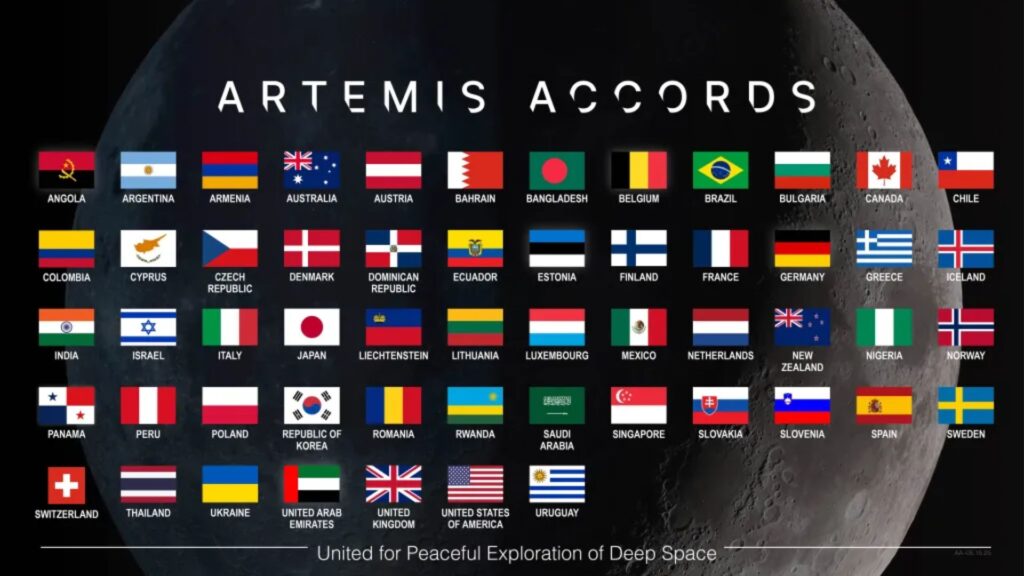Norway has officially joined the Artemis Accords, a U.S.-led initiative promoting responsible and cooperative practices in space exploration. Cecilie Myrseth, Norway’s Minister for Trade and Industry, signed the accords during a ceremony at the headquarters of the Norwegian Space Agency in Oslo.
“This is an important step for enabling Norway to contribute to broader international cooperation to ensure the peaceful exploration and use of outer space,” Myrseth stated following the signing.
With this move, Norway becomes the 55th country to endorse the Artemis Accords since their introduction in 2020. The accords, rooted in principles established by the Outer Space Treaty and related international agreements, emphasize transparency, peaceful use of space, sharing scientific data, and responsible utilization of space resources.
Norway is the third country to sign the Artemis Accords under the current Trump administration, following Finland in January and Bangladesh on April 8. Unlike many signings during the Biden administration, which featured ceremonies hosted at NASA Headquarters, recent signings have taken place in the countries themselves with minimal U.S. agency involvement.
Despite a slower pace of new signatories—only nine in the first five months of 2025—the continuation of signings suggests sustained support for the accords under the new administration. The Artemis Accords, launched during President Trump’s first term, continue to serve as a foundational framework for international cooperation in lunar and deep space missions.
NASA’s acting administrator, Janet Petro, welcomed Norway’s participation, saying, “We’re grateful for the strong and meaningful collaboration we’ve already had with the Norwegian Space Agency. Now, by signing the Artemis Accords, Norway is not only supporting the future of exploration, but also helping us define it with all our partners for the Moon, Mars, and beyond.”
The timing of Norway’s accession comes amid uncertainty surrounding future international collaboration in the Artemis program. The Biden administration’s fiscal year 2026 budget proposal recommends scaling back or cancelling some key initiatives, including the Gateway lunar space station. Gateway is a central component of Artemis involving significant contributions from partners such as Europe, Canada, Japan, and the United Arab Emirates.
Alex MacDonald, former NASA chief economist, noted during a recent webinar hosted by the Center for Strategic and International Studies that while the Artemis Accords foster diplomatic alignment, they do not grant material participation in NASA missions. He stressed that the Gateway program, unlike the Accords, includes formal agreements on hardware contributions, making it a tangible representation of international partnership.
“If the Gateway is cancelled, it raises questions about how these partners will remain involved in Artemis,” MacDonald said, suggesting that countries may need to repurpose their Gateway contributions for other uses if the proposal goes forward.
As international stakeholders await clarity on the U.S. space policy trajectory, Norway’s commitment signals continued global interest in peaceful and cooperative space exploration.

